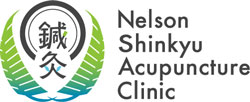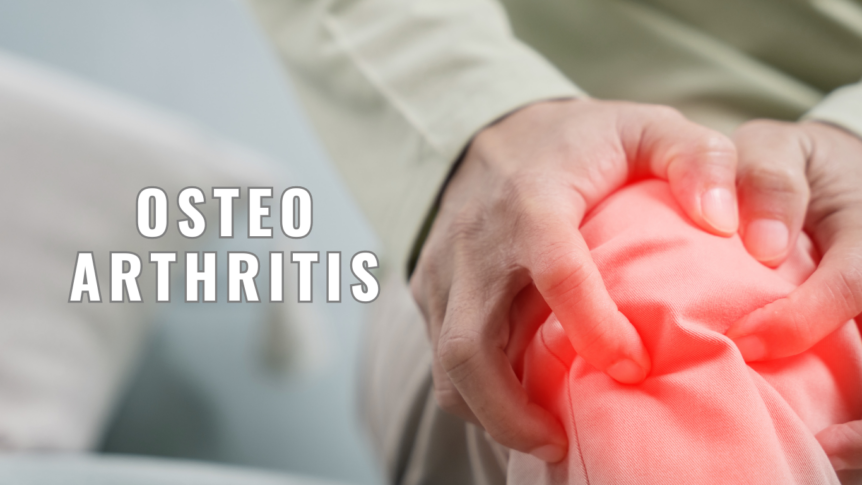Explore the chronic condition of osteoarthritis in the knee, characterized by degeneration of joint cartilage leading to intense pain and limited mobility.
Discover the growing interest in acupuncture treatment as we delve into the symptoms of knee osteoarthritis and the potential benefits that acupuncture therapy may bring for symptom relief and improved quality of life.
Introduction:
Embark on a journey to understand osteoarthritis of the knee, a chronic ailment causing severe pain and mobility issues due to the degeneration of joint cartilage.
In the pursuit of alleviating symptoms and enhancing the quality of life, acupuncture treatment has gained considerable attention.
This article delves into the symptoms of knee osteoarthritis and explores the potential effects that acupuncture therapy might offer.
Symptoms of Knee Osteoarthritis
- Osteoarthritis of the knee manifests as a result of diminishing joint cartilage, bringing forth the following symptoms:
- Pain and Discomfort: Experience pain and discomfort in the knee joint during routine activities and walking, exacerbated during prolonged standing or stair climbing.
- Joint Stiffness: Sensation of restricted knee movement and joint stiffness, particularly prominent in the morning or after extended periods of inactivity.
- Swelling and Inflammation: Swelling and inflammation around the joint, leading to changes in knee shape and functionality.
- Muscle Weakness: Reduced muscle engagement due to pain and limitations, contributing to progressive muscle weakness.
Acupuncture Approach to Knee Osteoarthritis
Acupuncture treatment aims to restore overall balance by stimulating meridians and acupoints, providing relief from pain and discomfort. Let’s explore the potential effects of acupuncture therapy on knee osteoarthritis in detail:
- Pain Relief:
Acupuncture treatment is believed to alleviate the most common symptom of knee osteoarthritis—pain. Specific acupoints like Yanglingquan and Zusanli are thought to be effective in relieving pain around the knee joint.
- Inflammation Suppression:
Acupuncture is considered to have anti-inflammatory effects, crucial in managing knee osteoarthritis. Stimulation from acupuncture may regulate the immune system and mitigate swelling and inflammation around the joint.
- Promotion of Blood Circulation:
Acupuncture therapy is believed to enhance blood circulation, ensuring efficient supply of oxygen and nutrients to tissues surrounding the knee. Adequate nutrient supply contributes to the maintenance of healthy joint cartilage.
- Improved Joint Range of Motion:
Acupuncture treatment may alleviate muscle and joint stiffness, enhancing the range of motion in the knee joint. Specific acupoints targeting knee mobility are stimulated during treatment.
- Enhancement of Muscle Strength:
For the muscle weakness associated with knee osteoarthritis, acupuncture therapy shows promise in improving and maintaining muscle strength. Targeted stimulation of muscles around the joint is a key component.
- Relaxation and Mental Well-being:
Acupuncture treatment is known to bring about a relaxation effect, particularly beneficial for individuals grappling with chronic pain and discomfort. This contributes to stress reduction, fostering an overall improvement in the patient’s quality of life.
Conclusion:
As we conclude our exploration of ‘Osteoarthritis of the Knee and Acupuncture Treatment: A Comprehensive Approach to Combat,’ recognize the multifaceted effects that acupuncture therapy may offer in the battle against knee osteoarthritis.
However, given the individual nature of patient conditions, collaboration with experienced healthcare professionals is essential.
Patients undergoing acupuncture treatment should engage in discussions with seasoned acupuncturists to construct an optimal treatment plan, actively facing the challenges posed by knee osteoarthritis.

